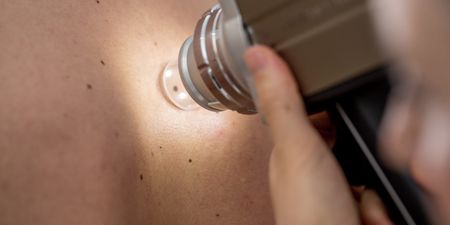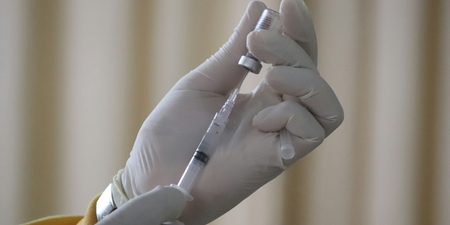“I looked down and suddenly there was just blood everywhere.”
Women are sharing their stories of traumatic birth this week in a bid to raise awareness for those who have had similar experiences.
July 7 – 14 marks Traumatic Birth Awareness Week, a time for reflection and discussion about traumatic births and how their aftermath can affect a woman’s relationships in different ways.
Olivia was taking a shower when she first had a flashback of her traumatic birth.
The mother said that she looked down and saw that there was blood everywhere. She started screaming and her husband came in to ask what was wrong, before she realised that she was hallucinating.
“I didn’t talk to anybody about my feelings for a long time,” she told the Birth Trauma Association.
“I looked down and there was nothing there. And that really scared me.”
https://t.co/nOKMyrhkBs #TrustAfterTrauma #BTA2019 pic.twitter.com/SOtTtXU7Rd
— BirthTrauma (@BirthTrauma) July 7, 2019
Olivia said that she visited her GP who told her that she was suffering from post-traumatic stress disorder as a result of the birth.
The doctor said that her symptoms were not uncommon, that she could get help and make a full recovery.
“She also reassured me that I wasn’t going crazy,” she says. “This was an illness I could get better from.”
According to BTA, approximately 30,000 women in the UK experience birth trauma every year.
“Instead of being joyful and happy, the experience of giving birth has been frightening,” they said.
“Perhaps the baby’s heart rate dipped, leading to an emergency caesarean section. Maybe you or your baby suffered injuries as the result of the birth.
“Or maybe you felt that you weren’t well looked after in labour, or you weren’t told what to expect.”
https://t.co/FnVqFtGFK4 #TrustAfterTrauma #BTA2019 pic.twitter.com/V6IhzpPApZ
— BirthTrauma (@BirthTrauma) July 8, 2019
Many women experience PTSD as a result of birth when they are reminded of the event. They can be triggered by TV programmes or movies, other babies, or pregnant women.
This trauma can often make it difficult for new mothers to bond with their baby, their partners, or other members of their family.
Many women with birth trauma also fear trying for another child.
The condition can be treated with trauma-focused CBT and eye movement desensitisation and reprocessing (EMDR).
However, it is paramount that women who think they may be experiencing birth trauma speak to their GP first.
You can find out more about birth trauma here.


















































